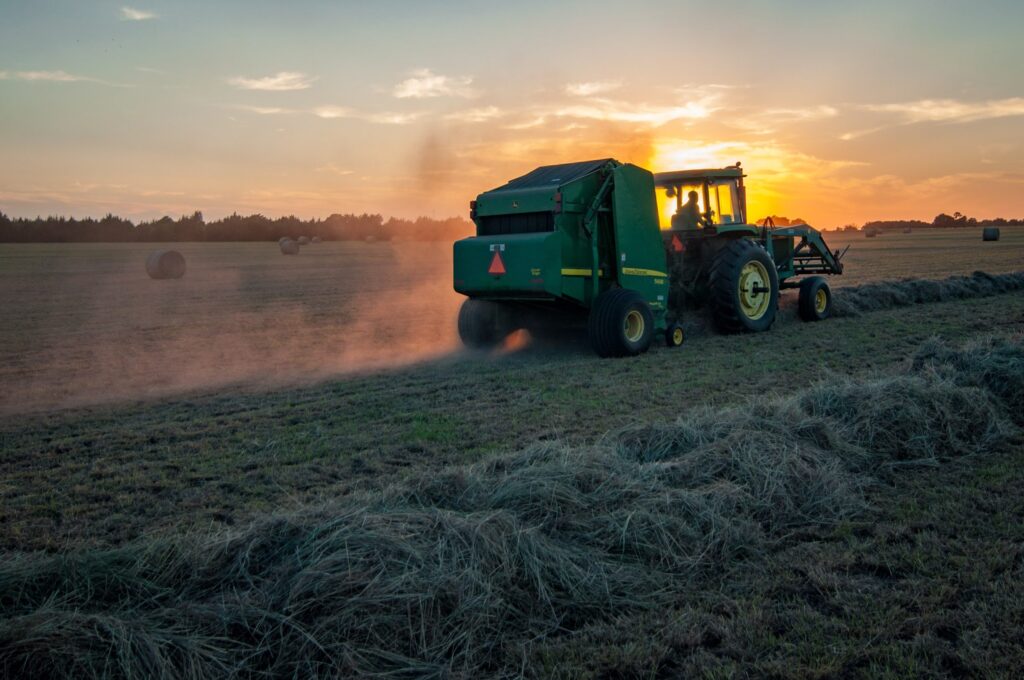For businesses operating in highly specified or “niche” markets, partnerships with key strategists to guide complex business decisions are critical for sustained success. While business analysis and strategy fundamentals can be applied across varied industries, both rely on accurate market data to inform and validate major business and investment decisions. When seasoned consultants and strategists find themselves in need of data for agricultural clients, they need to source industry-specific data to deliver the competitive edge.
Often agricultural research becomes necessary to ensure client success. General market overviews can be insufficient for the precision data required to make the most informed business decision. If agricultural research is the next step to move beyond gut business advice, here are 4 first steps to establish the needed scope of work.
Define the Problem
The agriculture industry is rapidly changing. As a result of innovations in farming and agtech, every business operating in the space needs to leverage market research into a growth opportunity. With the wide range of technologies, emerging markets and disruptions in the process, sorting out the exact scope for research needed is vital. In terms of ag research, areas of focus may include distribution costs, software and equipment limitations, the role of regional vendors, livestock and veterinary concerns, turf management, etc. Before proceeding, this area of focus can then determine the objectives for the project. Depending on that objective, give careful consideration to how stakeholders will measure success. Referring to the established body of ag research can help inform this step, but as this market is rapidly changing, it is important to frame the research question in the most exact and current terms possible. Once the study’s scope and focus are determined, there should be agreement between the client and research team about what will be measured for success. This includes setting specific actions to be taken based on insight uncovered.
Choose a Methodology
It is important to choose the best methodology for specific agricultural research needs carefully. In its most simplistic form, if something needs to be counted or measured within statistical significance, quantitative methodologies are best. If the scope of work demands understanding a nuanced approach or prescription within any segment of the agricultural market, qualitative methodologies will yield a deeper story within which the best course of action can be determined.
Within these two categories there are many sub-methodologies technology options. Neither approach is better than the other, and a third approach can even be to use a blend of both in iterative phases of a larger research project. The choice of research methodology should always be driven by the type of data output desired. Care should be made to not choose a direction simply due to a preference from the research practitioner, but based on an objective review of the project’s purpose and required deliverables.
Pick Your Respondents
All research methodologies rely on the integrity of the research respondents. Consider the specifics of the respondents needed. This work quickly moves beyond simple demographics and requires an in-depth knowledge of the agricultural ecosystem. Knowing the target audience to test a hypothesis, poll for opinions, or question about consumer preference makes all the difference in gathering reliable information to drive business impact.
Agricultural communities are spread over a large geographic area and have a variety of preferred means of contact. Once the specific targets are known within particular communities, a plan must be in place to successfully screen potential respondents to source those best qualified to participate in the study. Obtaining a statistically significant sample group of the right people within the agricultural supply chain, in a specific region, engaged with the targeted animal or crop production, related with specific technology or equipment use, or other qualifications needed for participation in the research. The greater the degree of specificity of the respondent, the more meaningful the feedback.
Analyze Results
The final step is completing the plan for data analysis. Consider how information gleaned from agricultural market research will be stored, retrieved, reviewed, and ultimately used. The project’s success hinges not just on extracting pertinent details, but on presenting actionable data to the client. This step feeds directly back to the first step as the outcomes relate to the original objectives and agreed-upon measurements.
While market research is a valuable asset for any company, getting market research done with precision in the ag sector can make all the difference in the quality of strategy and creation of an action plan for business impact. Getting started with this simple, but comprehensive step by step for planning agricultural research will give confidence in decision making.
How can Ag Access help? As part of our proven process, Ag Access shapes the data into a compelling, thought-provoking story that fully addresses the primary objective. The robust data supplied will give the executive team the confidence to green light or, red light this concept. Visuals can be customized and delivered in raw format or presentation-ready. Either way, it means we deliver clarity in both the data and the meaning it conveys.The benefits of conducting market research are great. They are amplified when choosing a qualified and experienced partner. Whether you’re evaluating concepts, researching customer opinion, or looking for feedback on your service, taking the time to talk to the right audience means reducing or even eliminating threats. Measuring the customer’s responses helps optimize your recommendation and potentially augment that plan to gain more customer loyalty and new prospects. Ag Access will help you recognize and harness the best concepts and opportunities at the right time.
To gain (and sustain) actionable insight, there really is no substitute for customized market research. A study tailored to your own business questions, using a targeted audience, means all resulting data will be timely and relevant to unique business purposes. Click below to learn how our team can craft and execute a market research study that improves your products, operational strategies, and ultimately, your ROI.




